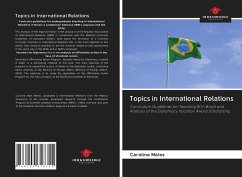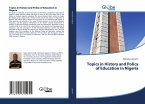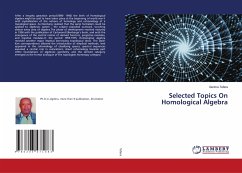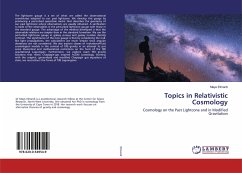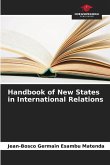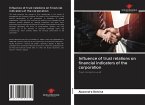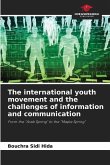Curricular guidelines for undergraduate teaching in International Relations in Brazil: a comparison between ABRI's proposal and the DCNs. The analysis of the legal formation in the proposal of the Brazilian Association of International Relations (ABRI) in comparison with the National Curricular Guidelines of Education (DCNs), both about the formation of a common curricular structure in International Relations (RI), is the main objective of this article. Your research problem is: are the contents related to Law represented in the same way in the DCNs and in ABRI's proposal? Vocation for Diplomacy Award: an analysis of affirmative action in the face of structural racism Itamaraty's Affirmative Action Program, Vocation Award for Diplomacy, created in 2002, is a pioneering initiative of this kind. The main objective of the program is to expand the access of blacks to the diplomatic career, promoting ethnic diversity at the Ministry of Foreign Affairs (Ministry of Foreign Affairs, 2019). The objective is to study the application of this Affirmative Action Program for the entry of blacks at the Rio Branco Institute of Itamaraty.

